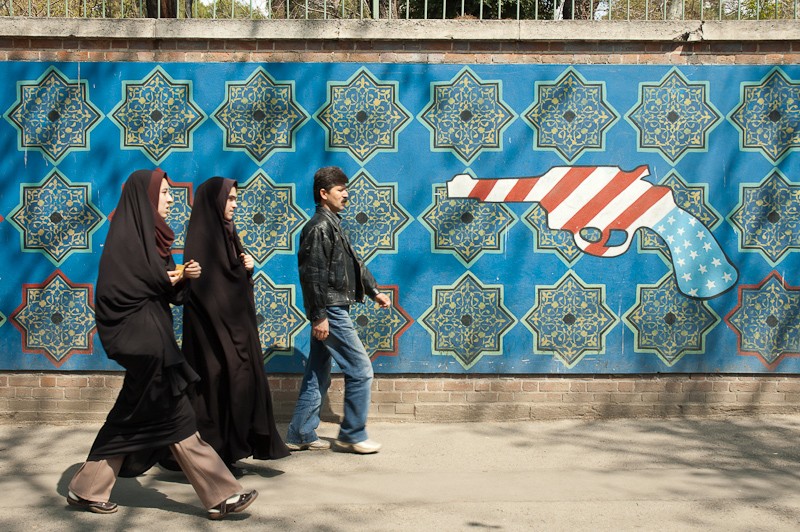 Kaymar Adl, Flickr
Kaymar Adl, Flickr
Preserving Progress: The U.S. and the Iran Deal Looking Forward
The new administration transitioning into power this January will reconsider many existing U.S. policies. It is already predicted that the Iran Deal will be one agreement receiving heavy scrutiny and last week, at the Middle East Institute’s 70th Annual Conference, Iran and the Iran Deal dominated multiple panel discussions.
Some political leaders are pushing for dismissal and renegotiation of the Iran Deal. However, this move would not lead to any desirable outcome for the United States. Since the deal is multilateral, China, France, Russia, the U.K., Germany, and Iran are likely to uphold the agreement despite U.S. withdrawal. In a future attempt to change the terms of the deal or withdraw, U.S. soft power would be directly affected in the following ways:
- The U.S. enjoys international recognition as a diplomatic power, but abandoning a long negotiated agreement shortly after its implementation reflects poorly on the U.S. and gives the impression the U.S. doesn’t negotiate in good faith and turns away from allies.
- If the U.S. were to dismiss this treaty, future diplomatic progress between the U.S. and a regional hegemon would face severe setbacks. Instead of seriously pursuing a new or modified agreement with the United States, Iran may choose to pursue a global reintegration strategy that focuses on Europe, Russia, and Asia.
- The relative rise of other powers in the region, particularly Russia, is not good for U.S. national security interests and may affect other spheres where we engage. With regards to Russia, this means more problems with Syria and arms control issues.
Appeals for Iran’s missile program to be included in the deal and for accountability regarding non-compliance to be forthcoming are common. If the incoming U.S. administration seeks to include a ban on Iran’s missile program to the agreement, they will be harming U.S. relations with the P5+1 nations by pressuring them to accept more economic restrictions the original deal was meant to resolve.
While we are unsure of exactly what the new administration intends, even negative rhetoric towards the deal could have a disastrous impact on assuring Iran sticks to its side of the bargain. Ariane Tabatabai, a visiting assistant professor at Georgetown University and senior associate at the Center for Strategic and International Studies, asserts that lines of communication between the two states are key to preserving the future of the Iran Deal. If the U.S. intends to scrap or alter the deal, it provides more incentives to violate the terms of the agreement and place blame squarely on America. Iran should not be given this excuse.
The Iran Deal is only one year into its implementation, and many economic benefits that Iranians are waiting for are yet to come. This, alongside domestic debate in Iran, makes the Iran Deal relatively fragile. When moments of tension erupt between the U.S. and Iran, it is the open communication that the U.S. has fostered in the past few years that has helped ease tensions. If negative rhetoric in the U.S. prevents this option in the future, the U.S.-Iranian relationship may not recover in the ways many hope, and this will impact Iran’s domestic political situation.
U.S. long term goals for Iran must be a consideration. Iran’s reformist party has tied its political success to the economic success of the Iran Deal. Iran’s presidential election will be held this May, and the Iran Deal’s impact or lack thereof is going to be a key factor in President Hassan Rouhani’s chances of reelection and the fate of reformists in Iran. If the U.S. wishes to avoid the return of Iranian hardliners to power, the consequences of the U.S. undermining the deal on Iranian elections should be a consideration.





